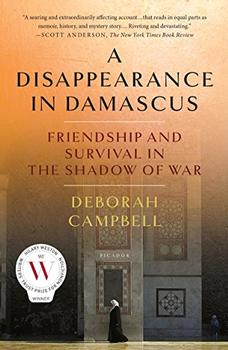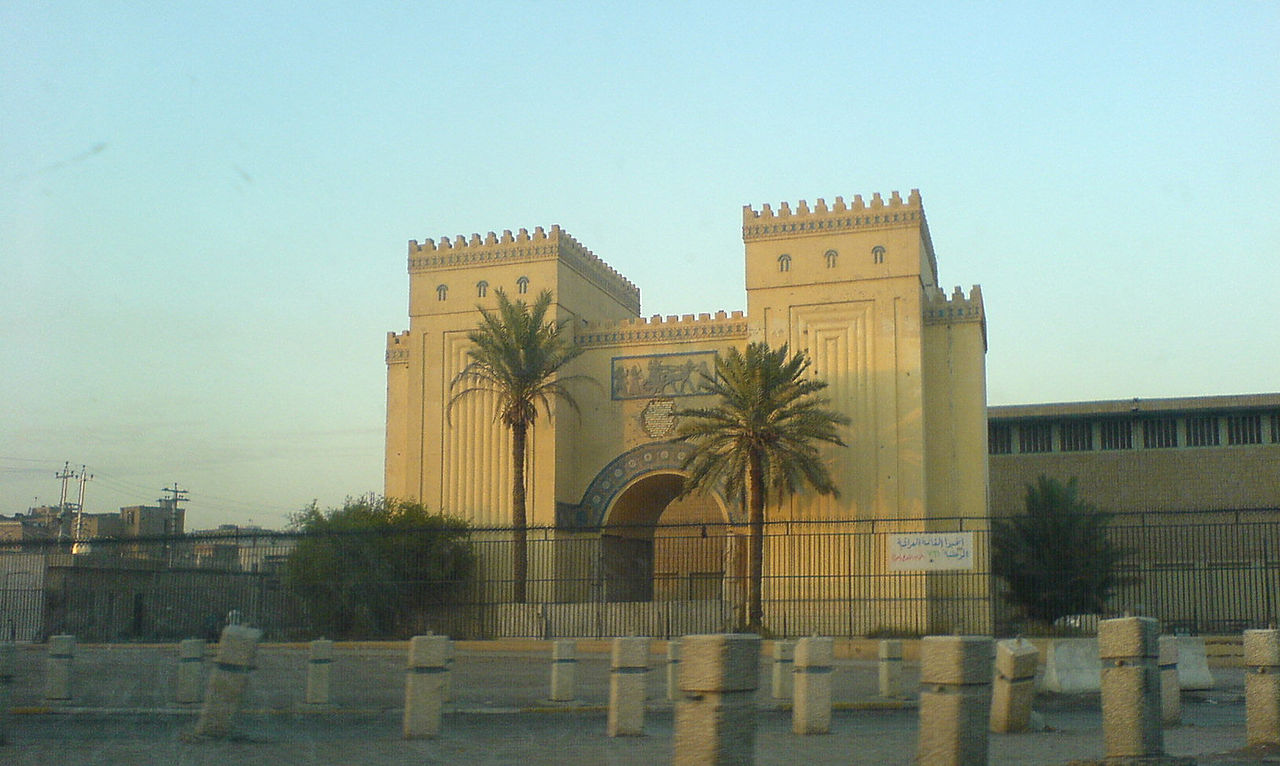Summary | Excerpt | Reviews | Beyond the book | Read-Alikes | Genres & Themes | Author Bio

Friendship and Survival in the Shadow of War
by Deborah CampbellIn the midst of an unfolding international crisis, renowned journalist Deborah Campbell finds herself swept up in the mysterious disappearance of Ahlam, her guide and friend. Campbell's frank, personal account of a journey through fear and the triumph of friendship and courage is as riveting as it is illuminating.
Winner of the Hilary Weston Writers' Trust Prize for Nonfiction
Winner of the Freedom to Read Award
Winner of the Hubert Evans Prize
The story begins in 2007, when Deborah Campbell travels undercover to Damascus to report on the exodus of Iraqis into Syria, following the overthrow of Saddam Hussein. There she meets and hires Ahlam, a refugee working as a "fixer" - providing Western media with trustworthy information and contacts to help get the news out. Ahlam has fled her home in Iraq after being kidnapped while running a humanitarian center. She supports her husband and two children while working to set up a makeshift school for displaced girls. Strong and charismatic, she has become an unofficial leader of the refugee community.
Campbell is inspired by Ahlam's determination to create something good amid so much suffering, and the two women become close friends. But one morning, Ahlam is seized from her home in front of Campbell's eyes. Haunted by the prospect that their work together has led to her friend's arrest, Campbell spends the months that follow desperately trying to find Ahlam - all the while fearing she could be next.
The compelling story of two women caught up in the shadowy politics behind today's most searing conflict, A Disappearance in Damascus reminds us of the courage of those who risk their lives to bring us the world's news.
Chapter 1
EXODUS
ALONG THE TWO-LANE HIGHWAY from Syria's capital city of Damascus, where it approaches the border with Iraq, anti-aircraft batteries scanned the dome of noonday sky. Here and there an army tank rumbled over hot sand along a barren landscape that looked like the surface of Mars. Next to the highway, a crop of bored young Syrian soldiers slouched on boulders around a commander making diagrams on a chalkboard propped up against another boulder.
Gripped by the anticipation I always feel when I am about to plunge into an unknown situation, I was greeted by a weathered road sign that broke the tension. It read, in English, Happy Journey. A lovely sentiment—I had to take a picture. It was the peak of Iraq's civil war, and absolutely no one was travelling into Iraq on a happy journey; a million and a half refugees had already fled the other way, to Syria, and they were happy for nothing but to be alive. In the sliver of shade the sign provided from the scorching ...
Campbell deftly describes the human cost of war and the repercussions of disastrous policies in Iraq. Her descriptions of Syria are all the more poignant since we know of the destruction that would unfold as a result of the country's civil war a few years later. At times, however, it feels like she justifies her presence in Syria and her use of fixers like Ahlam a little too vehemently, and the account of her unraveling relationship with her boyfriend in the U.S. seems out of place. A Disappearance in Damascus is a timely account of the destruction wrought by political failures from governments in both the West and the East. Perhaps most important, it's a reminder of our common humanity and the ability of people everywhere to persevere and overcome...continued
Full Review
(651 words)
This review is available to non-members for a limited time. For full access,
become a member today.
(Reviewed by Rose Rankin).
 Eve Ensler, author of In the Body of the World and The Vagina Monologues
In this compelling, moving book, Deborah Campbell unearths so much of what could have disappeared in Damascus...This is a book about the power of friendship between women, about raw courage, and the political and deeply personal devastations of war.
Eve Ensler, author of In the Body of the World and The Vagina Monologues
In this compelling, moving book, Deborah Campbell unearths so much of what could have disappeared in Damascus...This is a book about the power of friendship between women, about raw courage, and the political and deeply personal devastations of war. Phil Klay, National Book Award-winning author of Redeployment
Gripping, inspiring, and at times intensely sorrowful, A Disappearance in Damascus provides a portrait of tremendous courage and resourcefulness within the community of Iraqi war survivors in Syria, the devastation war wreaks upon civilians, and a remarkable friendship between two women.
Phil Klay, National Book Award-winning author of Redeployment
Gripping, inspiring, and at times intensely sorrowful, A Disappearance in Damascus provides a portrait of tremendous courage and resourcefulness within the community of Iraqi war survivors in Syria, the devastation war wreaks upon civilians, and a remarkable friendship between two women.When looking back on the Iraq War, many American policy decisions stand out for their shortcomings, such as de-Baathification, which removed all experienced civil servants from government in one stroke; and disbanding the army, thereby leaving thousands of trained soldiers out of work and on the street. Another example, while less deadly, was materially and morally shattering: the failure to guard the National Museum of Iraq in the immediate aftermath of combat operations.

In the span of a few days in April 2003, as U.S. forces defeated Saddam Hussein's government in Baghdad, the city's National Museum of Iraq was robbed of an estimated 15,000 items in an orgy of looting. Was this, as Donald Rumsfeld ...
This "beyond the book" feature is available to non-members for a limited time. Join today for full access.

If you liked A Disappearance in Damascus, try these:

by Monica Potts
Published 2024
Talented and ambitious, Monica Potts and her best friend, Darci, were both determined to make something of themselves. How did their lives turn out so different?

by Aeham Ahmad
Published 2021
An astonishing but true account of a pianist's escape from war-torn Syria to Germany offers a deeply personal perspective on the most devastating refugee crisis of this century.





